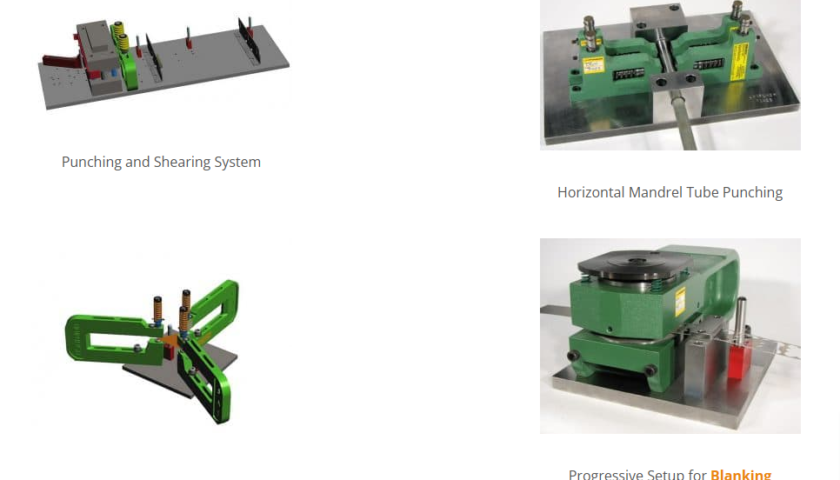Buying a home is likely one of the biggest financial decisions you’ll make in your life. Before signing on the dotted line, most buyers wisely opt to have a home inspection performed to evaluate the condition of the property and uncover any potential problems or safety issues.
As a home inspector, providing this important service comes with immense responsibility. While home inspections aim to provide an objective analysis, they are not foolproof. Even the most experienced and competent home inspector can occasionally miss something or make an inaccurate assessment. Minor defects can turn into costly repairs for unsuspecting homebuyers down the road.
These realities make having adequate home inspector insurance essential to protecting yourself, your business, and your clients. Like doctors carrying malpractice insurance, home inspectors need insurance coverage to hedge against claims and lawsuits from dissatisfied customers.
But securing the right home inspector insurance policy requires an understanding of the options available and how to navigate the process. In this blog post, we’ll walk through a step-by-step guide to help you find and purchase appropriate coverage.
Step 1: Determine What Types of Insurance You Need
Insurance policies available to home inspectors typically fall into three main categories:
General Liability Insurance
This covers any third-party bodily injuries or property damage that occur because of your professional services or operations. It protects you in case of a lawsuit or settlement demand from a customer alleging your inspection missed a key defect that resulted in damage.
Errors & Omissions (E&O) Insurance
Also called professional liability insurance, this covers financial losses and lawsuits from customers claiming your inspection was substandard, negligent, or inaccurate. It protects against allegations of mistakes and oversights in your inspection.
Commercial Property Insurance
This covers damage to your office space, equipment, company vehicles, and other business property in case of an event like theft, fire, or natural disaster. It protects your physical business assets.
Most inspectors need a combination of general liability and E&O insurance at a minimum. Commercial property can also be prudent if you have significant equipment or operate from an office. Work with a qualified insurance agent to determine what makes sense for your particular business model and risks.
Step 2: Calculate Your Required Policy Limits
The next step is calculating appropriate coverage limits for each policy type you need. This ensures you have adequate protection for potential claims and lawsuits.
Since mistakes in a home inspection report can lead to repair costs in the thousands or even millions, E&O policy limits are usually at least $500,000 and often $1 million or more. General liability limits often match your E&O limits.
Consider factors like:
- The value of homes you typically inspect
- Repair costs in your region
- Your years of experience
- Your volume of inspections
- Your risk tolerance
Higher policy limits mean higher premiums, so balance adequate coverage with cost efficiency. An independent agent can provide guidance on prudent limits.
Step 3: Review Exclusions & Limitations Carefully
All policies have exclusions and limitations on what they cover. For home inspector insurance, common exclusions can include:
- Inspections you perform on your own properties
- Missed code violations
- Asbestos, mold, and other environmental hazards
- Failure to obtain permits
- Criminal acts
Make sure you understand exactly what your policy excludes so you are not caught unaware if you need to file a claim down the road. An agent can explain the fine print to you.
Step 4: Ask About Discounts & Bundle Options
There are often ways to reduce your insurance premiums, including:
- Multi-policy discounts when you bundle with your home or auto insurance
- Professional association discounts through an inspector trade group
- Good driver discounts (on commercial auto policies)
- Higher deductibles
- Paying premiums annually vs. monthly or quarterly
Ask your agent what discounts might apply to your situation to find opportunities to lower your costs.
Step 5: Compare Quotes From Multiple Providers
Like other types of insurance, home inspector policies can vary widely in cost from one insurer to another based on factors like financial strength, customer service reputation, and competitiveness within the home inspector niche.
To ensure you get the best value and terms, it is wise to compare quotes from about 3-5 insurers. Work with an independent insurance agent who has access to multiple insurance markets and can quickly provide options to review and compare.
Look at factors like premium cost, coverage amount, policy features, exclusions, deductible options, and the insurer’s financial rating when weighing the proposals. Consider value, not just price.
Step 6: Review the Policy Documents Thoroughly
Once you select a home inspector insurance provider and purchase a policy, be sure to carefully read the full policy paperwork when you receive it. This ensures you understand what is and is not covered and that there are no surprises or provisions you are uncomfortable with.
Getting the specifics in writing provides peace of mind that you have secured solid home inspector insurance coverage. Keep copies of your policies handy so you can reference them if any claims arise down the road.
Step 7: Report All Claims Immediately
If an issue does occur on one of your home inspections and a customer threatens legal action, reports property damage, or files a lawsuit, report it to your insurance provider immediately per your policy’s claims process. Timely notification is essential for coverage to apply.
Provide information on what happened, documentation on the inspection, liability concerns, and any demands the customer has made. The insurer will investigate, defend against unjustified claims, and walk you through the process.
Step 8: Review Your Coverage Annually
On an annual basis, meet with your agent to review your home inspector insurance needs. As your business evolves or claims trends in the industry shift, your ideal coverage may change as well. Perhaps you need higher limits or new policy types.
Staying current on your insurance as your business grows shows savvy risk management that benefits both you and your clients. Adjustments to coverage limits or deductibles may also help manage premium costs over time.
Protect Your Business the Smart Way
Securing proper home inspector insurance takes research, planning, comparison shopping, and attention to detail. While no coverage can eliminate all risk, following this prudent step-by-step process helps put the right policies and limits in place.
Work closely with a professional independent insurance agent who specializes in home inspector coverage. Their expertise provides added assurance you are making wise insurance decisions to protect your exciting – but liability-prone – business.
With appropriate home inspector insurance secured, you gain peace of mind knowing you have transferred risk away from your business. This provides financial stability and capacity to grow your services and customer base over the long-term.





